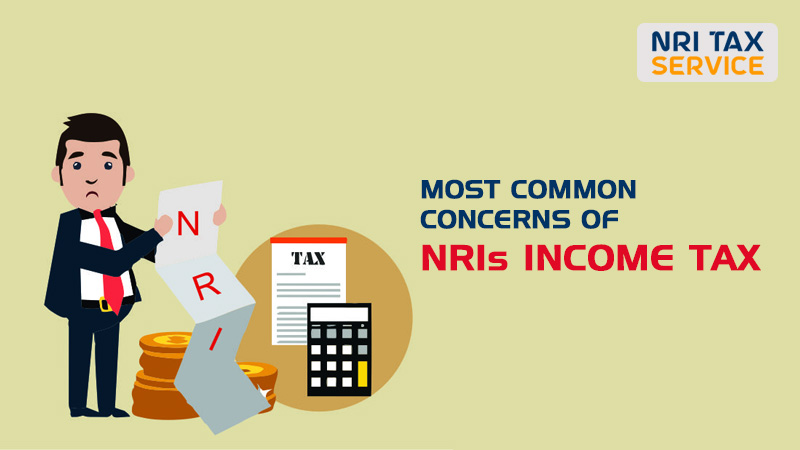Income tax is definitely a prime concern of the taxpayers and more than that the involvement of government in the same makes it important. In the recent past, a slew of measures have been announced to check misreporting of income by individuals.
In light of the new developments, it has become a must for all of us to clearly understand our tax liabilities and abide by them accordingly. We may have to face the wrath of the income-tax (I-T) department in case we fail to do so.
In case you are a non-resident Indian then definitely the things becomes much more complicated. Keeping that in mind, here are the some very common income tax related questions of NRI’s along with the best possible answers.
Does my residential status changes only once in my lifetime?
The answer is no. Under the provisions of the I-T law, the residential status of a taxpayer is determined every year. Initially, a person could be a resident; his status may change to being non-resident. In case this NRI decides to come back to India, his status would change to the resident but not ordinarily resident. This is an ever-changing process.
Do I have to pay taxes in India if I am an NRI?
You do not have to pay taxes in India in case you are not earning anything here. In case you are making a certain profit in India (even if it is through money lying in your savings account which is known as passive income), that particular part of your income will be taxed in India while the remaining part of your income would be taxed in the country of your residence.
What are the deductions not allowed to NRI?
Unlike resident Indians, NRIs do not enjoy deductions on some investments under Section 80C of the I-T Act. These include:
- Investment in the Public Provident Fund (You can, however, maintain your PPF accounts if you opened them while they were a resident.)
- Investment in the National Savings Certificate
- Investments in five-year Post-Office Deposit Scheme
- Investment in senior-citizen savings scheme
- Investment in the Rajiv Gandhi Equity Savings Scheme
- Deductions are given to differently-abled people under Section 80DD, Section 80DDB and Section 80U
Is it a must for NRIs to pay advance tax?
As an NRI, if your tax liability exceeds Rs 10,000 in a financial year, you are required to pay advance tax. In case you fail to do so, you will have to pay an interest on the outstanding liability under Section 234B and Section 234C of the I-T Act. Advance tax is a part payment of your tax liabilities, and the individual pays as he earns under the scheme. The tax is applicable if you are making money from sources other than your monthly salary. Gains made through the sale of property, interest earned on investments, profits gained through business, et cetera, attract advance tax payments.
What are the deductions allowed to NRI?
On a par with residents, NRIs are allowed deductions for houses purchased in India.
- Under Section 80D, NRIs can also claim deduction of up to Rs 40,000 in a financial year for health insurance premiums.
- Under Section 80E, NRIs can also claim deduction on interest paid against education loans.
- Under Section 80G, NRIs also claim deduction on charity and donations.
- Under Section 80TT-A, NRIs also claim deduction on interest earned on money lying in savings bank accounts. There is a cap of up to Rs 10,000 on that income, though, which is applicable to both residents and non-residents.
Consult an experienced NRI tax service company for better knowledge of the things. Having a good support will always lead your way in better tax management.


